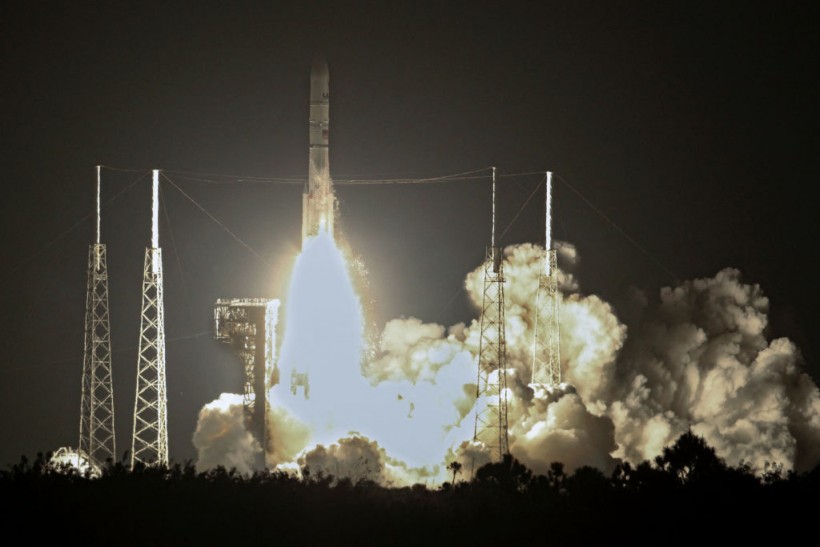United Launch Alliance (ULA) launched its very first Vulcan rocket early Monday morning January 8, carrying a US payload intended to land on the Moon for the first time in over 50 years.
Aboard the Vulcan's maiden flight was Astrobotic Technology's Peregrine lunar lander, which is scheduled to make a landing attempt on February 23.
"So, so, so excited," Astrobotic CEO John Thornton "We are on our way to the moon!"
The Pittsburgh-based company aimed to be the first private business to successfully land on the moon, which is something only four state-funded space agencies have accomplished.
A second private space company, Houston-based Intuitive Machines, also intended to land its own Nova-C lander on the Moon in mid-February, launching aboard SpaceX's Falcon 9 rocket. It would intend to intercept the Peregrine as it would take a direct route to the Moon.

Private Space Race
NASA gave funding to both Astrobotic and Intuitive Machines to build and fly their own landers as probes before astronauts set foot on the moon once again since Apollo 17 in 1972.
The US space agency gave a $108 million grant to Astrobotic as part of its Artemis program, the Associated Press reported.
Meanwhile, the Vulcan is the newest ULA rocket that would consolidate and succeed its Atlas and Delta rockets. The flight was possible after the delivery of the long-delayed Blue Origin BE-4 engines.
This new race to the Moon has had mixed results in the past few years - failures for Russia, Japan, and Israel and successful landings for China and India.
Also aboard the Astrobotic's lander are several items from Earth - from a chip of rock from Mount Everest to toy-size cars from Mexico to the ashes and DNA of several space enthusiasts such as Star Trek creator Gene Roddenberry and science fiction writer Arthur C. Clarke.
Related Article: Two Companies To Help US Achieve First Moon Landings Since Apollo Missions









